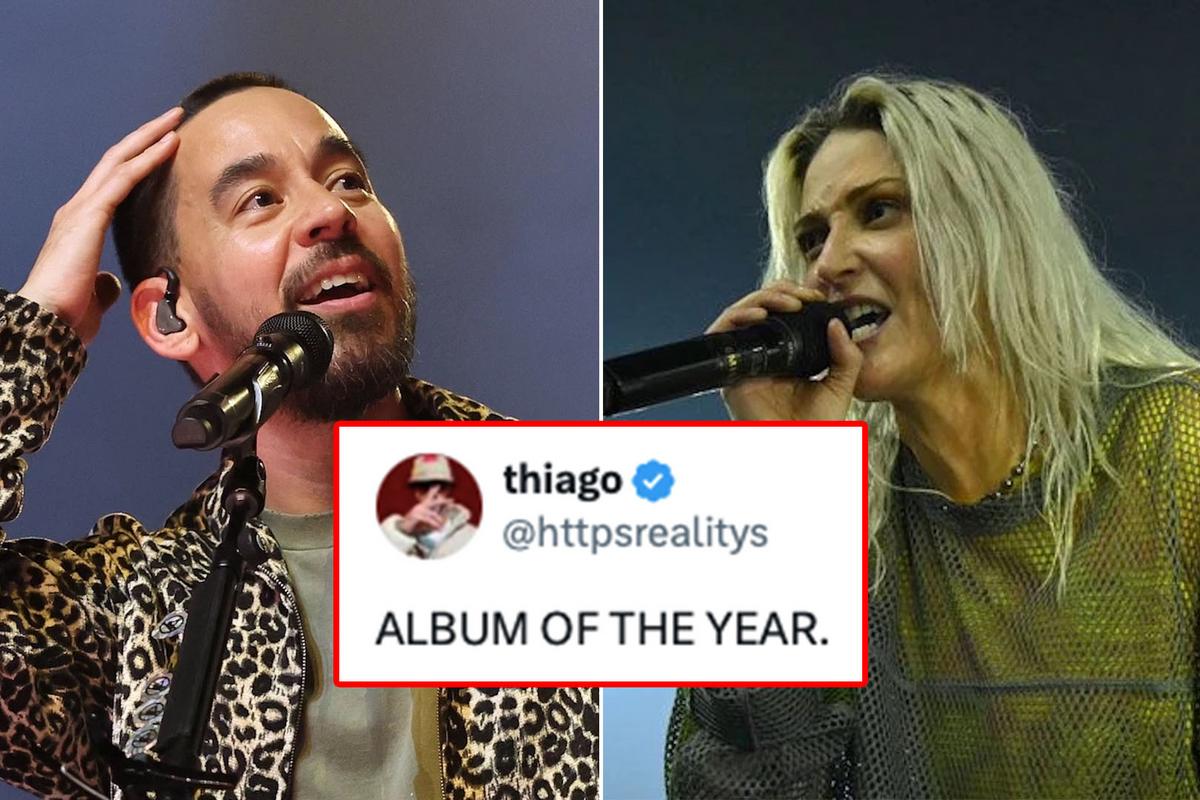
The Department of Justice is seeking the breakup of Live Nation and Ticketmaster in an antitrust lawsuit filled in Manhattan federal court on Thursday.
The lawsuit claims that Live Nation has taken abusive steps to squash competition in the live event ticketing space. Joining the Department of Justice as plaintiffs are 29 states and the District of Columbia.
“We allege that Live Nation relies on unlawful, anticompetitive conduct to exercise its monopolistic control over the live events industry in the United States at the cost of fans, artists, smaller promoters, and venue operators,” U.S. Attorney General Merrick Garland said in a statement. “The result is that fans pay more in fees, artists have fewer opportunities to play concerts, smaller promoters get squeezed out, and venues have fewer real choices for ticketing services. It is time to break up Live Nation-Ticketmaster.”
The DOJ first launched its antitrust investigation into Live Nation in early 2022, focusing on whether the company honored a consent decree it made with the Justice Department upon its merger with Ticketmaster in 2010, in which Live Nation promised not to punish concert venues who used competing ticket platforms by withholding access to Live Nation-promoted tours. The Justice Department previously found evidence of Live Nation engaging in such behavior after launching an investigation in 2018. Under terms of a subsequent settlement in 2019, Live Nation agreed to extend the consent decree to 2025 and reimbursed the Justice Department for the costs of its investigation.
As part of its latest investigation, the DOJ looked into Live Nation’s dynamic pricing and resale policies, its deals with venues to only use Ticketmaster’s platform, and its exclusive contracts with touring artists and venue management, among other issues. Ticketmaster currently holds more between 70% and 80% of the market for primary ticket sales in the US.
Live Nation has long argued that fan frustration with the live entertainment industry is misguided, as artists are responsible for setting ticket prices and a majority of service fees go directly to venues (it’s worth noting that Live Nation owns a number of venues itself). The business is “widely misunderstood” and “ticketing is an easy target,” Live Nation CEO Michael Rapino said in 2023 interview on The Bob Lefsetz Podcast.
Dan Wall, Live Nation’s executive vp of corporate and regulatory affairs, sought to further that point in a new statement released in response to DOJ’s lawsuit. Wall claimed that today’s action is the result of “intense political pressure on DOJ to file a lawsuit, and a long-term lobbying campaign from rivals and ticket brokers seeking government protection for themselves… It ignores everything that is actually responsible for higher ticket prices, from increasing production costs to artist popularity, to 24/7 online ticket scalping that reveals the public’s willingness to pay far more than primary tickets cost. It blames Live Nation and Ticketmaster for high service charges, but ignores that Ticketmaster retains only a modest portion of those fees. In fact, primary ticketing is one of the least expensive digital distributions in the economy.”
“It is also absurd to claim that Live Nation and Ticketmaster are wielding monopoly power,” Wall added. “The defining feature of a monopolist is monopoly profits derived from monopoly pricing. Live Nation in no way fits the profile Service charges on Ticketmaster are no higher than elsewhere, and frequently lower. And even accounting for sponsorship, an advertising business that helps keep ticket prices down, the company’s overall net profit margin is at the low end of profitable S&P 500 companies.”
Last week, the US House of Representatives also took steps to reform the ticket industry by passing the TICKET Act. The bi-partisan legislation, which still needs to be voted on by the US Senate and signed by President Joe Biden before becoming law, would enact a series of polices increasing transparency in the ticket industry, including requiring all ticket retailers — both primary and secondary sellers — to show the “all-in” price of a ticket (including an itemized list of all fees) prior to checkout. The legislation would also deter speculative ticketing by barring resellers from selling tickets unless they actually have them in hand.
Editor’s Note: This article has been updated to note that the Department of Justice has officially filed its suit, as well as to include Merrick Garland’s and Dan Wall’s statements.

















:quality(85):upscale()/2024/11/13/919/n/1922564/cc0839716735141c6dab05.65024797_.jpg)




![Lil Uzi Vert – Chill Bae [Official Music Video] Lil Uzi Vert – Chill Bae [Official Music Video]](https://i.ytimg.com/vi/D7F42F_JM3U/hqdefault.jpg)
![Finesse2Tymes & Og Boo Dirty – Real Recognize Real [Official Music Video] Finesse2Tymes & Og Boo Dirty – Real Recognize Real [Official Music Video]](https://i.ytimg.com/vi/3xb4bl5PWF8/maxresdefault.jpg)
